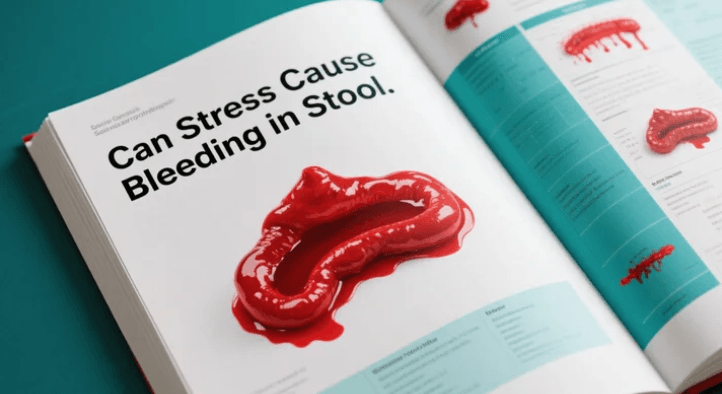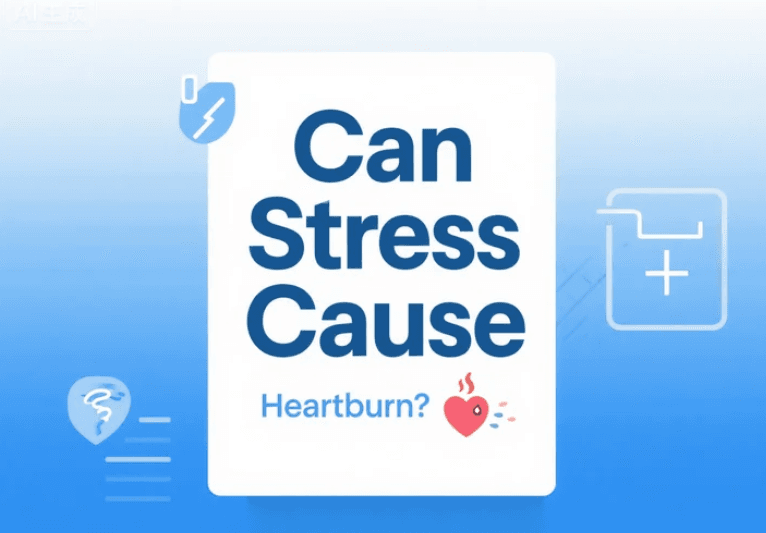How Long Does It Take for a Stress Test?
Understanding Stress Tests
When doctors suspect a heart condition or want to evaluate how well your heart handles physical activity, they may recommend a stress test. A common question patients ask is, how long does it take for a stress test?
The answer depends on the type of stress test, preparation steps, and how your body responds during the exam. In this guide, we will break down everything you need to know about the time involved in a stress test, from start to finish.
What Is a Stress Test?
A stress test, also known as an exercise stress test or treadmill test, is a diagnostic tool used to monitor heart performance during physical exertion.
The idea is simple: while your heart might function normally at rest, stress caused by exercise can reveal hidden issues such as restricted blood flow, irregular rhythms, or reduced cardiac capacity.
The test can involve walking on a treadmill, pedaling a stationary bike, or receiving a drug that simulates exercise. Throughout the procedure, doctors track your heart rate, blood pressure, breathing, and electrical activity through an electrocardiogram (ECG).
Types of Stress Tests
The total time of a stress test depends on which type is performed. The main types include:
1. Exercise Stress Test: The most common type, where you walk or jog on a treadmill while connected to ECG leads.
2. Nuclear Stress Test: Uses a radioactive tracer to create imaging of blood flow to the heart, before and after exercise.
3. Stress Echocardiogram: Combines ultrasound imaging with exercise to visualize how well the heart pumps under stress.
4. Pharmacologic Stress Test: For patients unable to exercise, medication simulates the effects of physical exertion on the heart.
How Long Does the Entire Appointment Take?
If you are wondering how long does it take for a stress test, you should consider the whole process, not just the exercise portion. On average:
- Preparation: 15–30 minutes (attaching electrodes, reviewing medical history).
- Exercise or Medication Phase: 6–15 minutes for standard treadmill test, up to 20 minutes for imaging-based tests.
- Monitoring & Recovery: 15–30 minutes while your heart rate and blood pressure return to baseline.
- Total Appointment Time: Typically 45–90 minutes, though nuclear stress tests may last 2–4 hours due to imaging.
How Long Is the Exercise Portion?
The active exercise part of a treadmill stress test usually lasts only 6 to 12 minutes. The machine gradually increases speed and incline every few minutes, simulating more intense exertion.
However, the test can be stopped earlier if you experience chest pain, dizziness, abnormal heart rhythms, or reach your target heart rate.
So, while the exercise itself is brief, the surrounding preparation and recovery make the whole appointment much longer.
Why Do Stress Tests Take So Long?
A stress test is not simply a quick run on the treadmill. Doctors must ensure your safety, collect accurate data, and sometimes combine imaging scans. Several steps add to the duration:
- Reviewing your medical history and current medications.
- Placing electrodes on your chest and ensuring clear ECG readings.
- Explaining safety protocols and what to expect.
- Allowing recovery and post-test monitoring to detect delayed abnormalities.
These steps ensure the results are accurate and that any heart-related risks are managed immediately if they arise.
How Long Do Nuclear Stress Tests Take?
A nuclear stress test is significantly longer than a basic treadmill stress test. The appointment can last 2 to 4 hours because:
- A radioactive tracer must be injected before both the resting and exercise phases.
- Imaging scans are performed twice: once at rest and again after exercise or medication.
- Waiting periods are necessary to allow the tracer to circulate in your bloodstream.
Though longer, nuclear stress tests provide highly detailed information about blood flow and potential blockages in the coronary arteries.
How Long Until You Get Stress Test Results?
Another way to interpret “how long does it take for a stress test” is in terms of receiving results. In many cases:
- For simple treadmill stress tests, preliminary results are available the same day.
- For nuclear or echo stress tests, full analysis may take 24–48 hours as cardiologists review imaging results.
- Your doctor may schedule a follow-up appointment to discuss findings in detail and recommend next steps.
Factors That Affect Stress Test Duration
The total time for a stress test can vary depending on:
- Your fitness level and how quickly you reach target heart rate.
- Whether imaging or pharmacologic stimulation is required.
- Medical history, especially if extra monitoring is needed.
- The efficiency of the testing facility and wait times.
How to Prepare for a Stress Test
Good preparation can help shorten the duration and improve accuracy.
Here’s what most doctors recommend:
- Wear comfortable clothing and walking shoes.
- Avoid caffeine and smoking for at least 24 hours prior.
- Do not eat a heavy meal within 3 hours of the test.
- Take medications as instructed, though some heart drugs may need to be paused.
- Bring a list of your prescriptions and supplements.
What Happens After a Stress Test?
After the exercise portion, you will be asked to sit or lie down while your heart rate and blood pressure return to normal.
Doctors may continue monitoring for 15–30 minutes to detect delayed symptoms such as arrhythmias or chest discomfort.
Most patients feel fine after the test and can resume normal activities unless otherwise instructed.
When to Expect Longer Testing Times
Certain patients should expect longer testing durations:
- Elderly individuals or those with limited mobility.
- Patients with pre-existing heart conditions requiring extended monitoring.
- People undergoing advanced imaging stress tests.
- Individuals who experience side effects from exercise or medication.
Conclusion: How Long Does It Take for a Stress Test?
The answer to how long does it take for a stress test is that the exercise itself is brief—about 6 to 15 minutes—but the full appointment typically lasts 45 to 90 minutes. If a nuclear stress test or stress echocardiogram is performed, the process may take several hours.
While the timeline might seem long, the insights gained are invaluable for assessing heart health, diagnosing coronary artery disease, and guiding safe treatment plans.
By preparing properly and knowing what to expect, you can approach your stress test with confidence and clarity.







BodyWave: Invest in Your Well-being!

